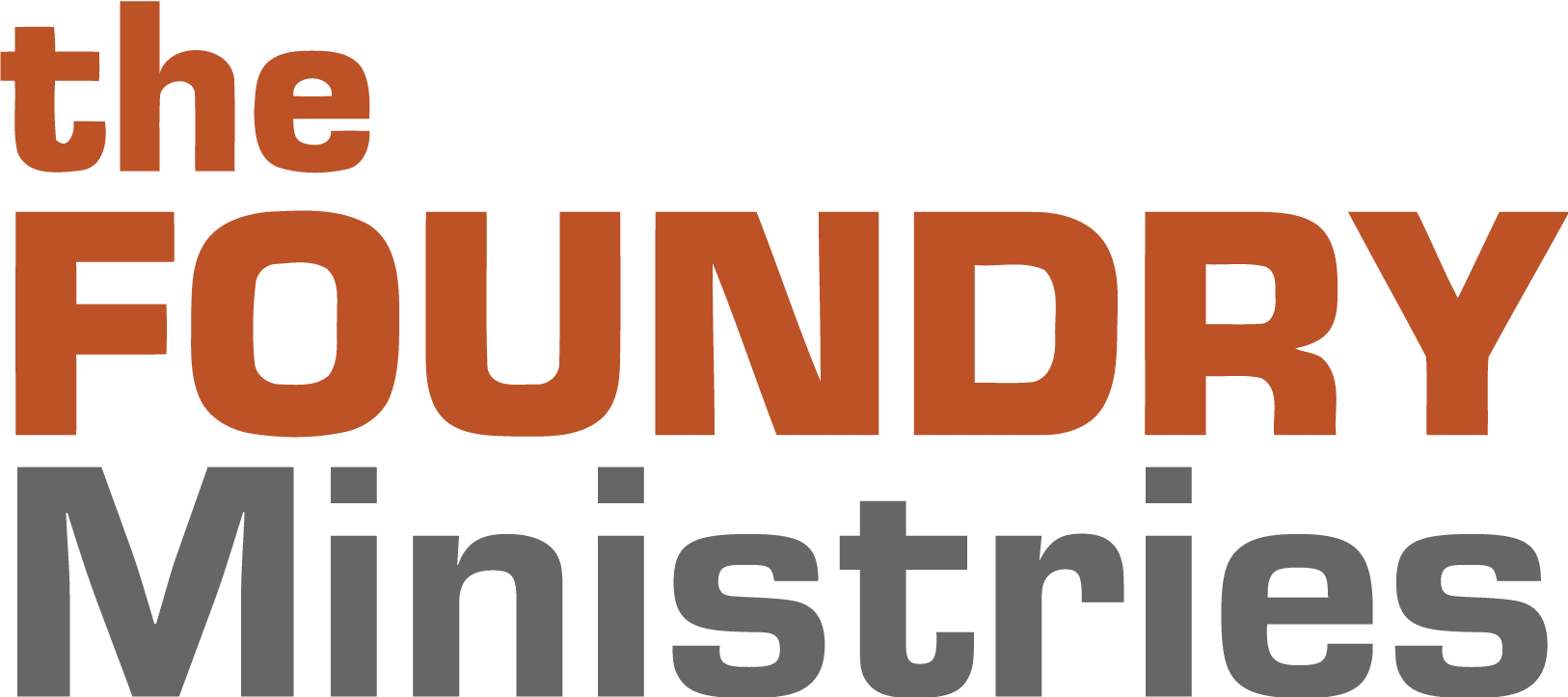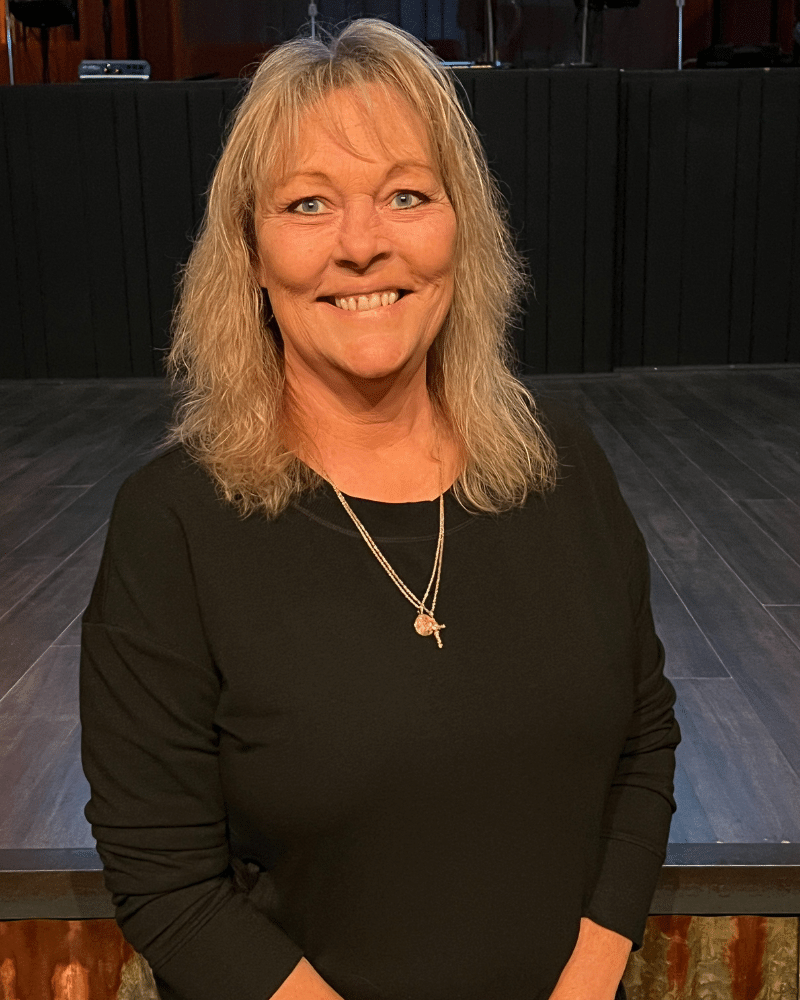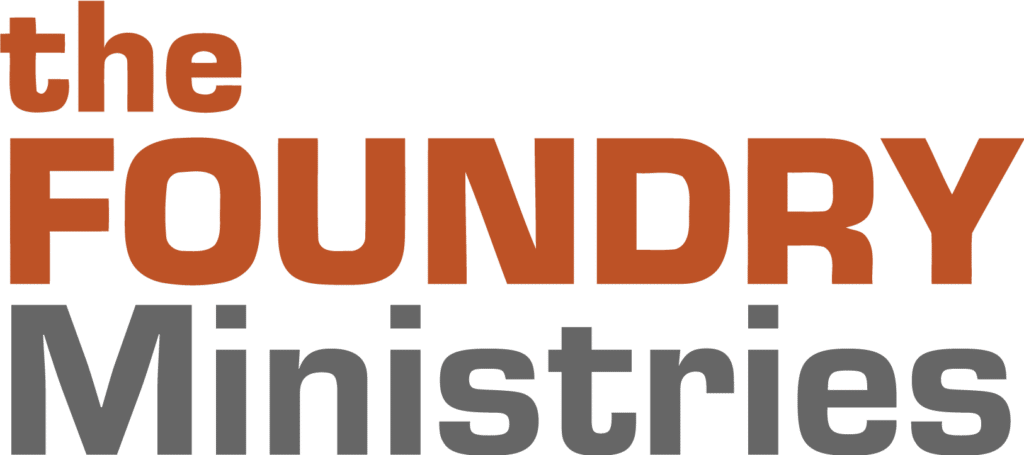The Acumen of Acceptance in Accountability
Accountability is typically not an attractive word to people. To the minds of those needing to embrace change, speaking this word can trigger feelings of confusion, anxiety, fear, and even resentment. Much of the negative emotional reactivity to recovery concepts and principles often comes from misinformation about what words mean.
So, what does accountability mean anyways?
In answering this question it is helpful in determining what accountability is not. Accountability is not external; it’s an internal attitude driven by wise decisions. Accountability is not judgement; it’s an evaluation to a standard of excellence. Accountability is not negotiable; in order to receive, you must first agree.
The dictionary defines accountable as “required or expected to justify actions or decisions.” The Genesis Process created by Michael Dye (which is the primary recovery curriculum used at The Foundry, see genesisprocess.org) explains the number one cause of substance use relapse is isolation, while the number one common denominator to all recovery is accountability. The Foundry goes even further to suggest that accountability is “An honest, open life in submission to and under evaluation by Godly authority.”
As early as the fall in the Garden of Eden, we see the dynamics of accountability and isolation evident within the stories of people (see Genesis 3). The first thing that happened after sin was not actually the conversation with God, although they were called to account for their actions. The first thing that happened was that they ran and hid from both God and from each other (isolation). To move forward as a result of their mistakes, they had to get reconnected to each other and to God.
Having the definition of a word is not enough; we must have wisdom in practicing a principle of change. This is where the two words of acumen and acceptance come in. Acumen simply means “the ability to make sound judgements and quick decisions” and acceptance simply means “the action and consent to receive something offered.” Again, The Foundry’s perspective offers something additional to both these words: acceptance means “receiving what God has freely supplied through grace,” which includes a new identity. The acumen of God’s people is powered by the Holy Spirit to give us sound mind and self-control when making wise decisions. Jesus was clear in separating who we are from what we do (see John 8:11). In holding people accountable, healthy verbiage is delivered in the form of “I know what you did but that’s not who you are!”
Below are some of the Accountability Acumen and Accountability Habits we teach all Foundry program participants:
Accountability Acumen
- Behaviors are not evidence of failure, worthlessness, or unlovability.
- Accountability will eventually become fellowship, which means it becomes enjoyable.
- Accountability is “for all time” instead of “this time.”
Accountability Habits
- Pray, Study, Worship- EVERYDAY!
- Commit to a team of 3-4 people to meet with about 1/month each: share, listen, & pray.
- For every meeting: Get the team to ask you at least one question each time they see you; develop the questions when you are in a good head space.
Denis Waitley once said, “There are two primary choices in life: to accept conditions as they exist, or accept the responsibility for changing them.” Here at The Foundry, we strive to provide our participants with the best opportunity to make the best possible choices!

Don’t want to miss a post?




